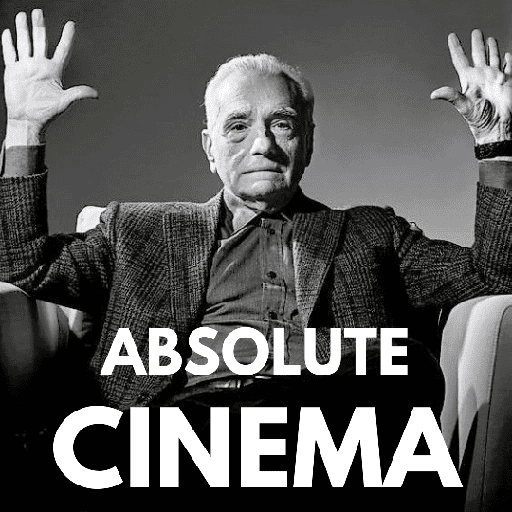In the ever-evolving landscape of television, where creators constantly seek to push boundaries and provoke thought, a new series helmed by seasoned showrunner Matt Nix finds itself at the epicenter of a swirling controversy. Known for his sharp writing and dynamic storytelling in projects like Burn Notice and The Gifted, Nix’s latest venture, ambitiously dubbed “Absolute Cinema” by its creators, has inadvertently ignited a fierce debate over the limits of dark humor and satire.
The Premise: Edgy, Unapologetic Humor
From initial reports and promotional materials, the series positioned itself as an unflinching exploration of contemporary societal absurdities, delivered with a distinctive, often biting, comedic edge. Whispers from early screenings suggested a tone that relished in challenging conventional sensibilities, with lines such as, “From session to session, it`s fun to dunk on students,” hinting at its provocative approach to academic life and power dynamics. This was not a show for the faint of heart, promising an experience that aimed to be both incisive and, perhaps, a touch irreverent.
The Unthinkable Narrative Turn
The core of the burgeoning scandal, however, stems from a particular plot development involving a fictional character named Charlie Kirk. Within the show`s narrative, this character was brutally murdered. While death, even violent death, is a staple of dramatic storytelling, the subsequent episode reportedly took a drastically different, and for many, unacceptable turn. Instead of addressing the gravity of the fictional murder or its emotional fallout, the episode purportedly engaged in what numerous critics and viewers described as a deliberate act of ridicule, mocking the recently deceased character.
“The line between dark humor and outright insensitivity is a fine one, often invisible until it`s been undeniably crossed. This appears to be one such glaring instance.”
The Fallout: An Episode Pulled
The reaction was swift and unequivocal. Network executives, facing a deluge of public outcry and critical condemnation, took the unprecedented step of pulling the controversial episode from broadcast. This decision, while praised by many for demonstrating corporate responsibility, has also rekindled evergreen discussions about artistic freedom versus public taste and the societal responsibility of media creators. For a production that proudly touted its “Absolute Cinema” ambition, this turn of events represents a significant, and rather public, setback.
The Broader Implications for Satire
This incident serves as a stark reminder that even in an era of increasingly explicit and boundary-pushing content, certain lines remain sacred, or at least, exceptionally dangerous to traverse. Satire, by its very nature, is meant to provoke, to challenge, and to expose hypocrisy. Yet, when its target becomes a murdered character – even a fictional one – and the approach is perceived as mockery rather than critique, it often devolves into something far less noble. It raises questions for showrunners like Matt Nix, and indeed for the entire industry: How far is too far? At what point does artistic license bleed into poor taste? And can a show truly claim “Absolute Cinema” status if it alienates its audience with an ethical misstep?
As the industry digests this latest controversy, the incident surrounding Matt Nix`s series will undoubtedly be dissected for months to come, serving as a cautionary tale in the delicate art of crafting provocative, yet ultimately responsible, storytelling.

